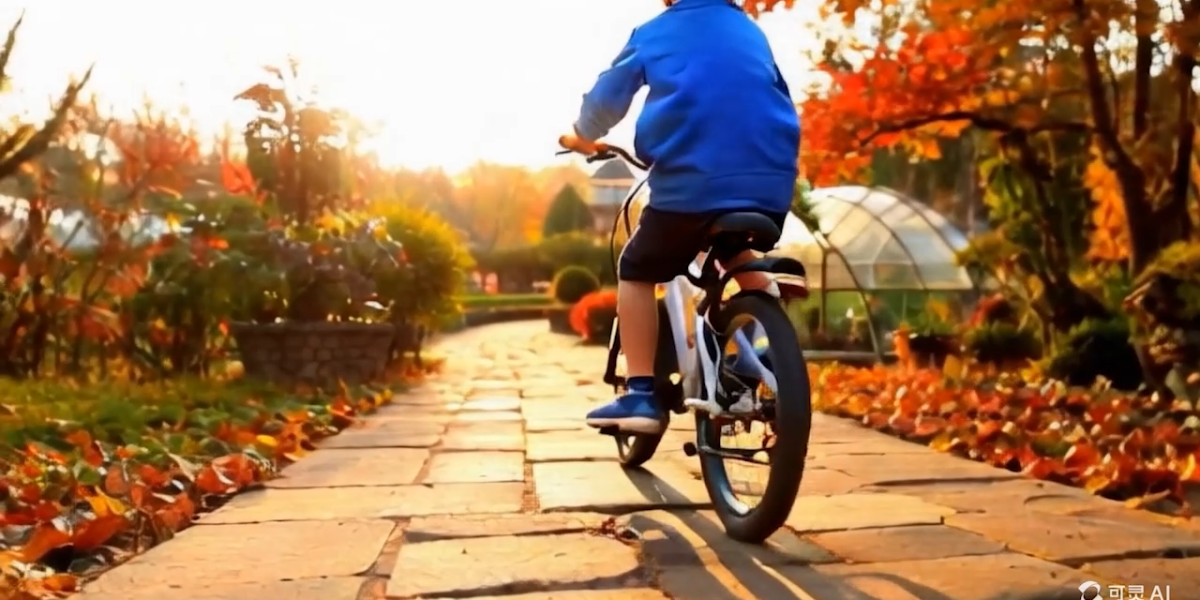You may not be familiar with Kuaishou, but this Chinese company just hit a major milestone: It’s released the first ever text-to-video generative AI model that’s freely available for the public to test.
The short-video platform, which has over 600 million active users, announced the new tool, called Kling, on June 6. Like OpenAI’s Sora model, Kling is able to generate videos up to two minutes long from prompts.
But unlike Sora, which still remains inaccessible to the public four months after OpenAI debuted it, Kling has already started letting people try the model themselves. Zeyi Yang, our China reporter, has been putting it through its paces. Here’s what he made of it.
This story is from China Report, our weekly newsletter covering tech in China. Sign up to receive it in your inbox every Tuesday.
Meta has created a way to watermark AI-generated speech
The news: Meta has created a system that can embed hidden signals, known as watermarks, in AI-generated audio clips, which could help in detecting AI-generated content online.
Why it matters: The tool, called AudioSeal, is the first that can pinpoint which bits of audio in, for example, a full hour-long podcast might have been generated by AI. It could help to tackle the growing problem of misinformation and scams using voice cloning tools. Read the full story.
—Melissa Heikkilä

